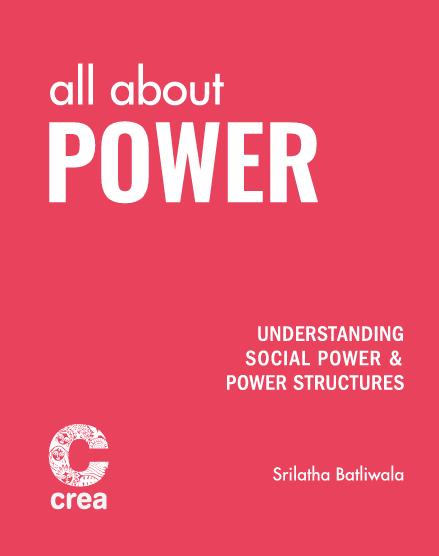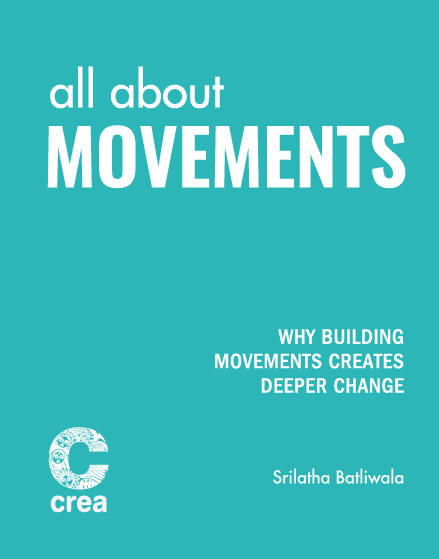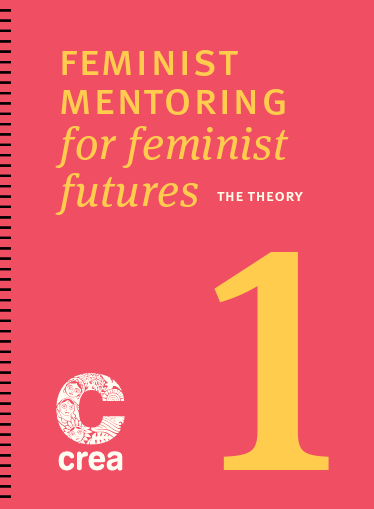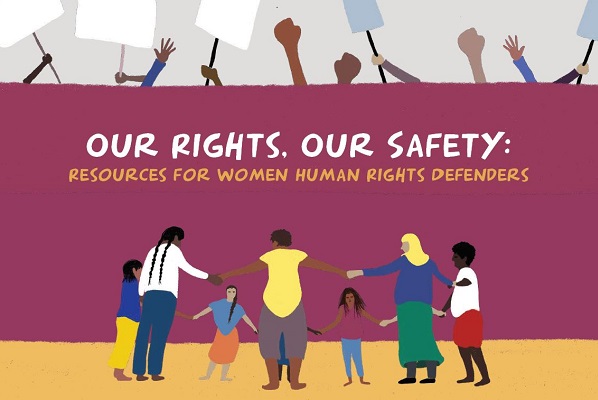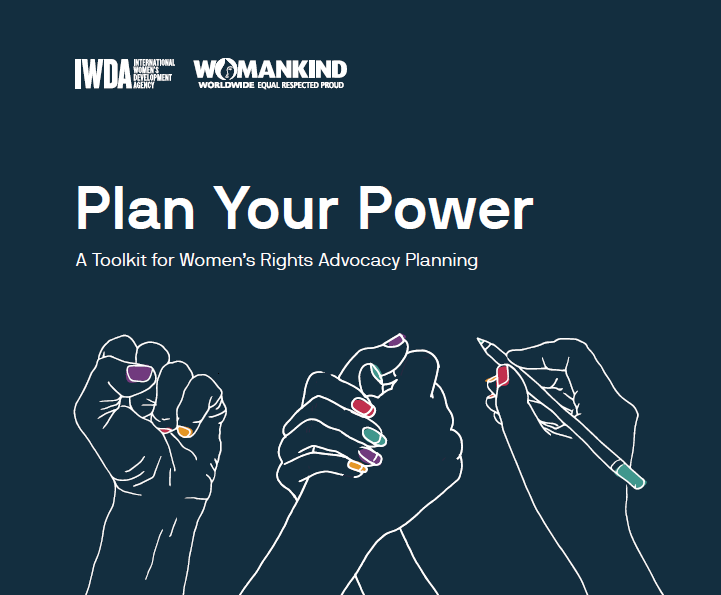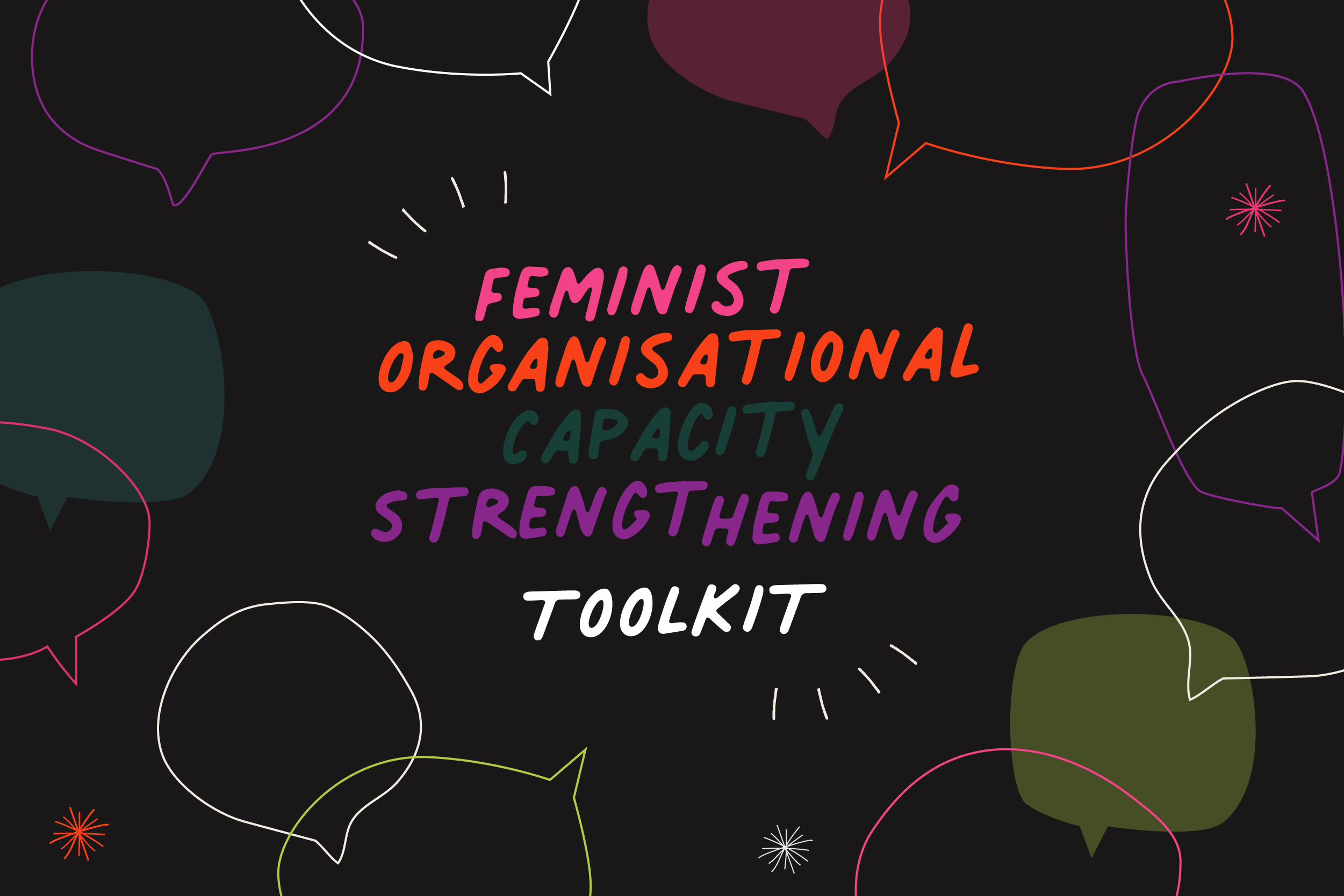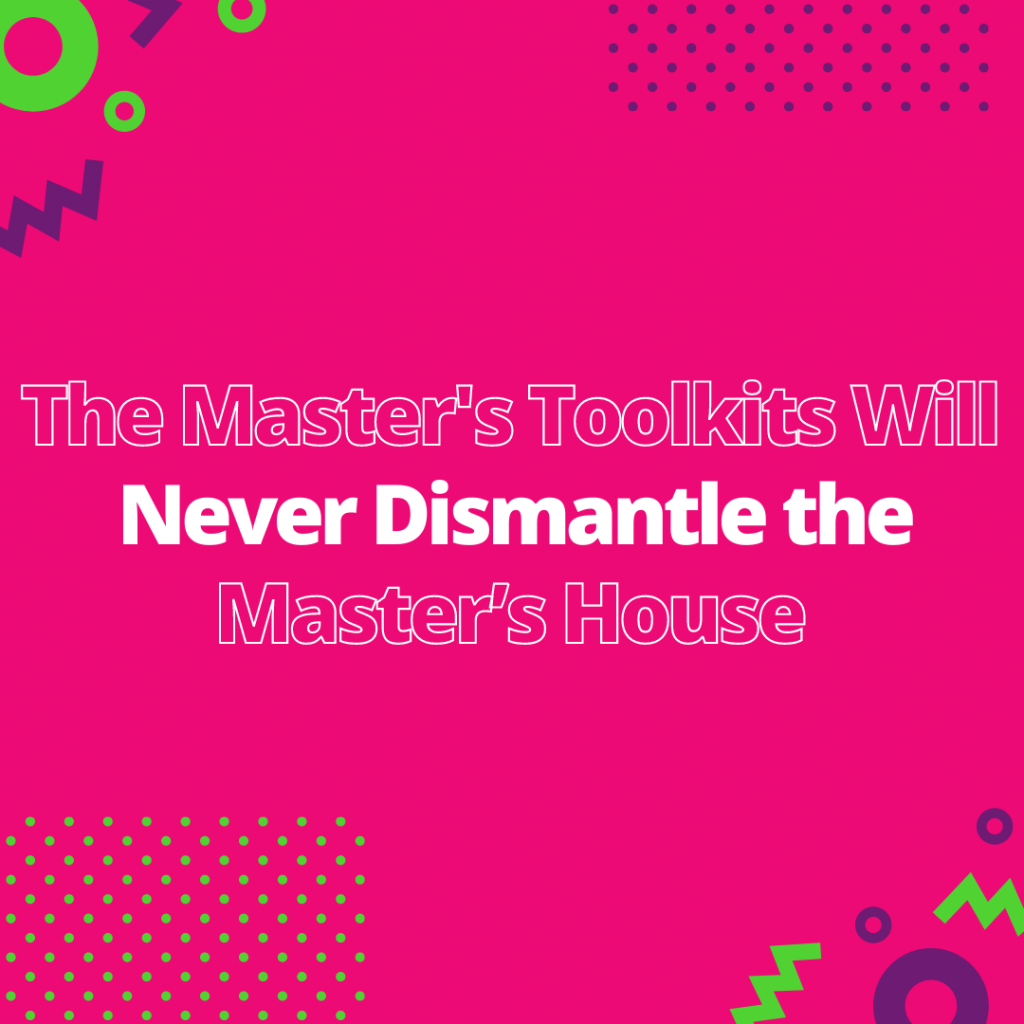
The Master’s Toolkits Will Never Dismantle the Master’s House
To poet and activist Audre Lorde, trying to bring down a system by using the very tools and mechanisms that first created it was a futile pursuit.
When it came to disrupting oppression, borrowing the very logic that had justified it in the first place made little sense. Achieving any sort of real, transformational change would require new tools that would be able to question, disturb and dismantle the very foundations of these systems and reveal the logics that had upheld led them for so long. To Lorde, that meant coming to terms with the very real power at the core of these systems and making room for difference and a diversity of experiences within these analyses.
“For the master’s tools will never dismantle the master’s house. They may allow us temporarily to beat him at his own game, but they will never enable us to bring about genuine change.” – Audre Lorde
This is something that toolkits designed to further gender equality within the development sector can often miss, ignoring the very real need to incorporate transformational feminist values within them to build a truly feminist future. Utilising feminist toolkits designed with an intersectional, feminist analysis in mind can, however, overcome this in a number of ways:
- Feminist approaches engage with power, not just gender, making it possible for them to challenge unequal power relations and harness alternative, more inclusive forms of power.
- Feminist approaches address the root causes of gender inequality, addressing the structural systems that underpin gender inequality rather than just the symptoms.
- Feminist approaches address the political nature of change by making the realisation of women’s rights an end in and of itself rather than viewing it as a tangential benefit to the economy and other parts of society.
- Feminist approaches focus on both processes and outcomes, making questions of how a program is implemented central to achieving its goals. By engaging with the process in this way, feminist approaches can deal with questions of power in how work is implemented, avoiding unintentionally reproducing systems of power and inequality.
- Feminist approaches use an intersectional lens to acknowledge and address multiple systems of oppression and inequality, allowing them to better recognise overlapping sources of discrimination and the ways in which it can deepen and magnify disadvantage.
These principles are at the centre of a number of recently created toolkits IWDA explored as part of a parallel session at the Commission of the Status of Women (CSW66) in collaboration with CREA, Just Associates and Womankind Worldwide – allowing them to adopt feminist agendas that can support movements and organisations in creating lasting transformational change.
You can watch a recording of the session and find out more about each toolkits below.
Understanding power in terms of both power structures and power relations is very important for anyone who is an activist working for social change. ‘Power’ is a very abstract idea, a big and complicated concept. Each of us understand it in our own way, within the context of the issues we work on, the people we work with, what we have read about it, or based on our own experience of power. The purpose of this primer is to sort out the confusion and help us move to a shared understanding of power, so that all of us who are committed to social and gender justice can build our strategies from a more comprehensive, shared definition and analysis of power as it operates in society, regardless of our specific issues or socio-economic, political, and cultural contexts.
How do we shift power so that marginalised people can attain their full human rights, and live with respect and equality, free from discrimination and violence? That is what this primer is about – why movements are the most effective way of changing power structures, and how to build movements! History teaches us that the best way to eradicate inequality and injustice is when oppressed people build strong movements that challenge and shift the structures of power. These movements have shown us that change would not have happened without their collective power and actions – think of the struggles against caste discrimination, against the control of our nations by foreign powers, against monarchies and military dictators, or against slavery and bonded labor.
FEMINIST MENTORING FOR FEMINIST FUTURES – CREA
Since its inception, building and strengthening feminist leadership, especially the leadership of young women, has been one of CREA’s core strategies towards bringing social change. The experience of their leadership institutes, however, gradually revealed that building feminist leadership that goes against the grain of how most people understand leadership is a process that requires sustained support over a longer period of time — in other words, the need for mentoring, and particularly, feminist mentoring. CREA realised that they cannot put in place a mentoring system without clarity about what feminist mentoring is and how it should be done. They realised they would have to create their own theory and practice of feminist mentoring, built around an explicit set of feminist principles and a set of shared norms and practices, and this toolkit is the result.
OUR RIGHTS, OUR SAFETY: RESOURCES FOR WOMEN HUMAN RIGHTS DEFENDERS – JUST ASSOCIATES
This manual is intended for people who work at the local and community level, and particularly for human rights activists and defenders who are facing various risks and forms of violence in their struggle to build a more just world. It contains information and educational processes born of the valuable experiences and knowledge of women and their movements in different parts of the world, and is designed to help deepen the vision, analysis and practices necessary to creating a safer environment for the defense of human rights.
PLAN YOUR POWER TOOLKIT – IWDA AND WOMANKIND WORLDWIDE
This toolkit is based on a women’s rights approach to advocacy which recognises the need for longer term structural change if women’s rights are to be fulfilled.
It is intended to support the advocacy planning of women’s rights organisations, coalitions, alliances and networks who want to advocate for change. It is also intended for broader advocacy organisations who want to prioritise women’s rights and gender equality in their advocacy work, and to do so in ways that strengthen the work of women’s rights organisations and movements.
Women’s rights advocacy isn’t just advocacy about women’s rights, it also requires a different way of planning and implementing your advocacy. Methods and processes are political. This toolkit helps people understand this, and equip them to better able to articulate gender power dynamics and intersectionality.
To register your interest in training on this toolkit, click here.
FEMINIST ORGANISATIONAL CAPACITY STRENGTHENING TOOLKIT – IWDA
IWDA believes that stronger women’s rights organisations are better able to establish, participate in and strengthen vital, vocal and visible women’s movements that will aggregate and amplify women’s power and priorities.
Part of the proposition of FOCS is that organisations can address many of their challenges through feminist organisational development approaches and become stronger for it. An important cross-cutting aspect of this premise is the importance of recognising and challenging unequal power relations in internal organisational culture and practices, which will make women’s organisations (including IWDA) better prepared to recognise and transform power relations in society.
Ultimately, FOCS is designed to support women’s organisations to align their operations with feminist principles so they are better able to make significant contributions to lasting outcomes for women, girls and their communities. The FOCS organisational framework, processes and resources have all been designed to help women’s rights organisations and IWDA understand, reflect on and improve their organisations in order to reach shared goals of transformative social change and gender equality.
Contact us at resources@iwda.org.au to find out more about signing up for facilitated workshops provided by IWDA on organisational capacity strengthening.
